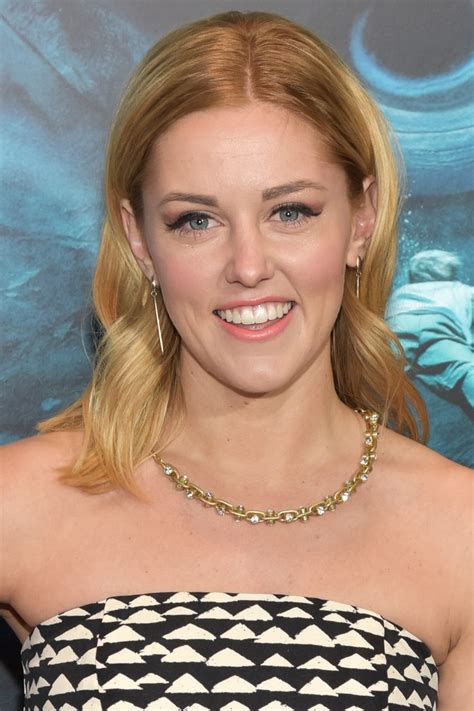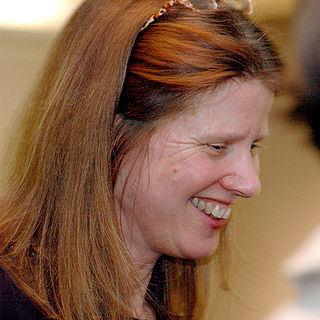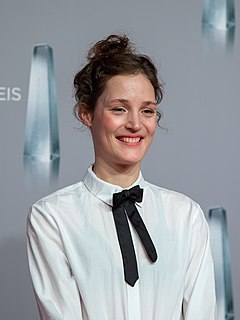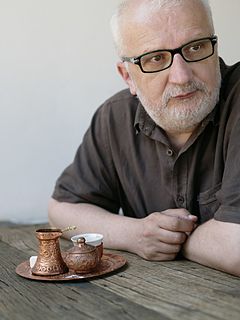A Quote by Phil Klay
War is complicated and intense, and it takes time and thoughts to understand what it was.
Quote Topics
Related Quotes
Was everyone else really as alive as she was?...If the answer was yes, then the world, the social world, was unbearably complicated, with two billion voices, and everyone's thoughts striving in equal importance and everyone's claim on life as intense, and everyone thinking they were unique, when no one was.
Losing faith is a complicated business and takes time. There are no epiphanies, no "moments of truth." It takes much thought and concentration in the later phases, which thenselves come about through an accumulation of small accidents: examples of general injustice, misfortune falling upon the godly, prayers of one's own unanswered.
I don't call myself a method actor, but the thing is, when you meet Reynolds Woodcock, who is always Reynolds Woodcock, you kind of are Alma, and you kind of become Alma all the time. I think after the first day, Vicky was going, 'Oh gosh.' It was so intense, and I couldn't understand why it was so intense.
Also for me, I don't make endless movies back to back all the time, I really sort of come to understand and love the characters that I play. And with April and Hanna you sort of go through a weird period of feeling sad about letting them go. Sometimes that takes me a week and sometimes it takes me a couple of months, just so that I can feel I can realign my own thoughts again. I do feel really, really blessed that I've had these opportunities.






































